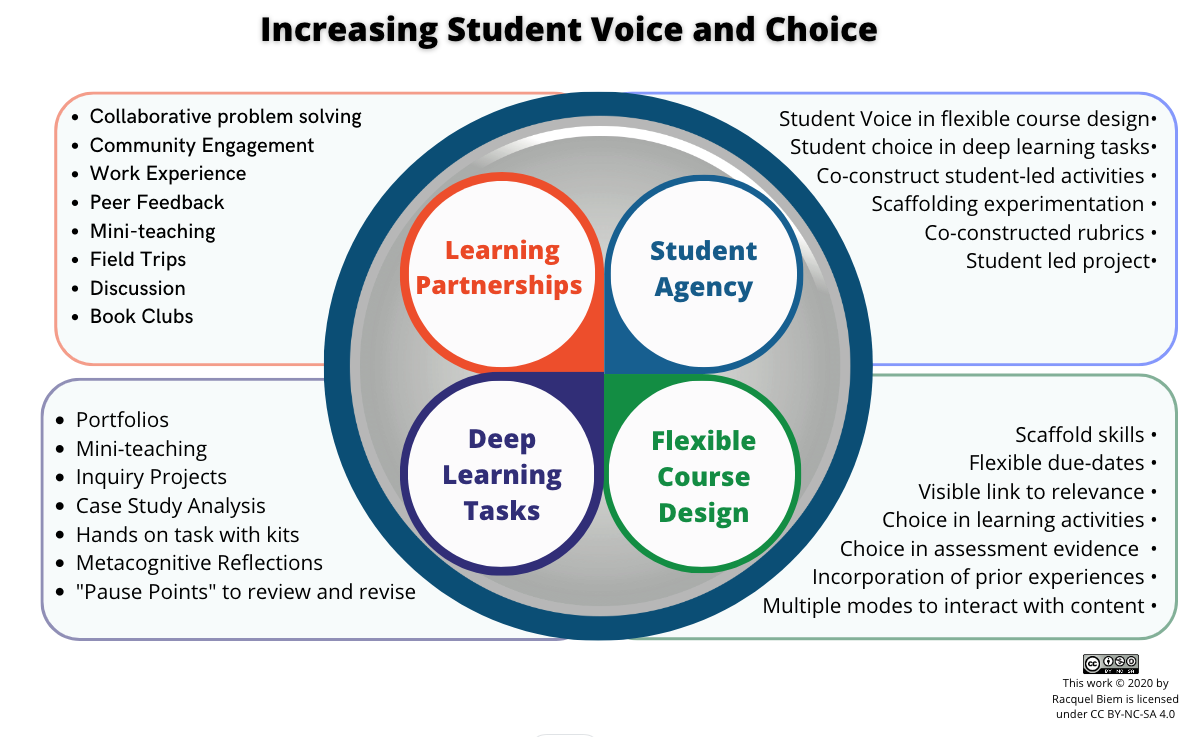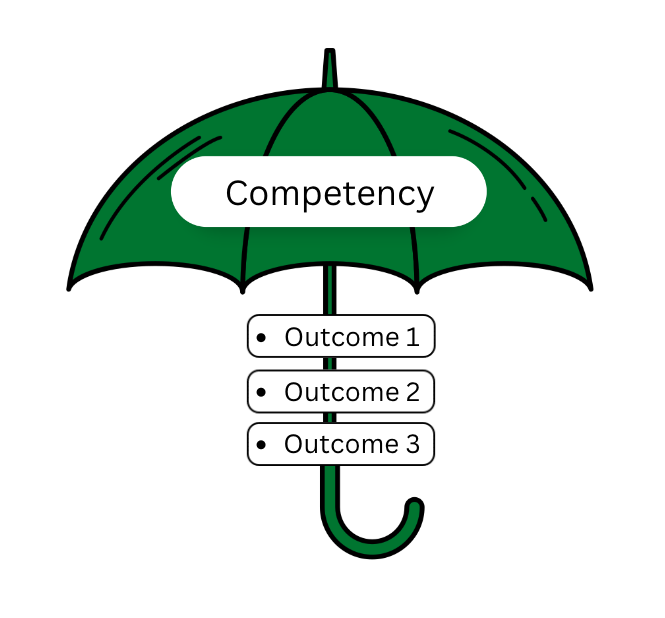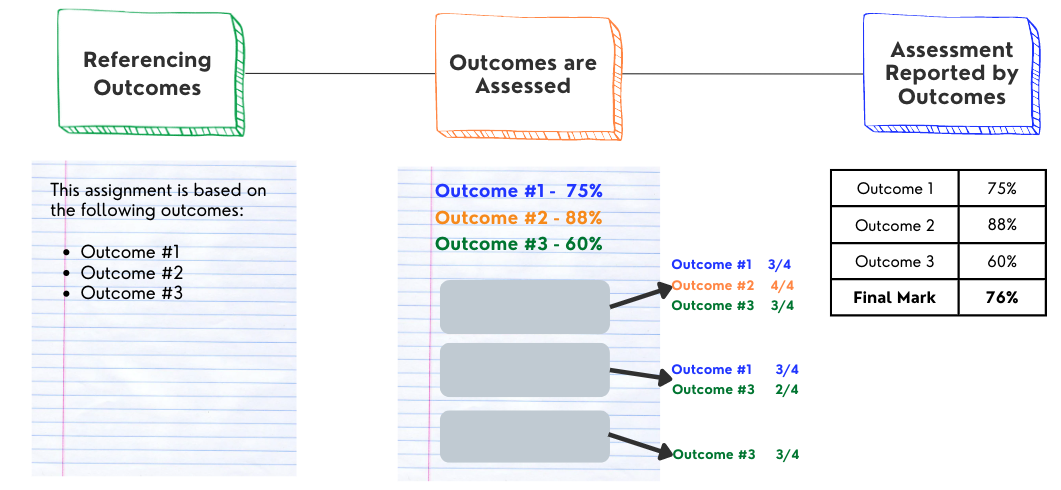High Impact Teaching Practices
For the back-story—the elements that make these high impact practices check out http://us.tamu.edu/Faculty-Administrators/High-Impact-Learning. A summary is provided here:
High impact practices have these elements in common:
1. EFFORTFUL is not a bad thing. In fact, “effortful” stimulates learning and increases retention of that which is learned. “Effortful” is also engaging and focuses attention for an extended period. One of the greatest disservices we can do for students is to reduce the required effort and make things easy.
2. INTERACTIVE strategies provide students with the opportunity and incentive to talk with each other, with faculty, and with staff—and they talk about substantive matters over an extended period of time.
3. By ENGAGING ACROSS DIFFERENCES students have an opportunity to encounter a wide variety of perspectives that stretch their understandings. Developing approaches of “many-sidedness” and pluralism increases the potential for complex problem solving.
4. When students receive formal and informal RICH FEEDBACK that is timely and meaningful, they can adjust their practices in real time. Think how effective quick feedback is in the gaming world! It is motivating and increases learning rapidly.
5. Providing opportunities to try out learning in NEW SITUATIONS is a way of playing “concept attainment.” (More information about this strategy can found here and here). Students take what they learn and apply it in new ways and in new situations.
6. Students also have an opportunity to REFLECT on what they are learning and the people they are becoming. They have the foil of stimulating learning situations to hone their own thoughts and conceptualizations.
Once you are familiar with these qualities you can assess the efficacy of practices you might be integrating in your program design and others you might be weaving into individual courses through assignments and teaching methods.
My top three picks for classroom teaching strategies that have these qualities built right in are: (1) cooperative learning, (2) the inquiry-based learning family (i.e. case-based, project-based, scenario-based, and problem-based learning), and (3) undergraduate research.
For more information on these, and to brainstorm ways in which these can be used in your courses, please contact the GMCTE.


